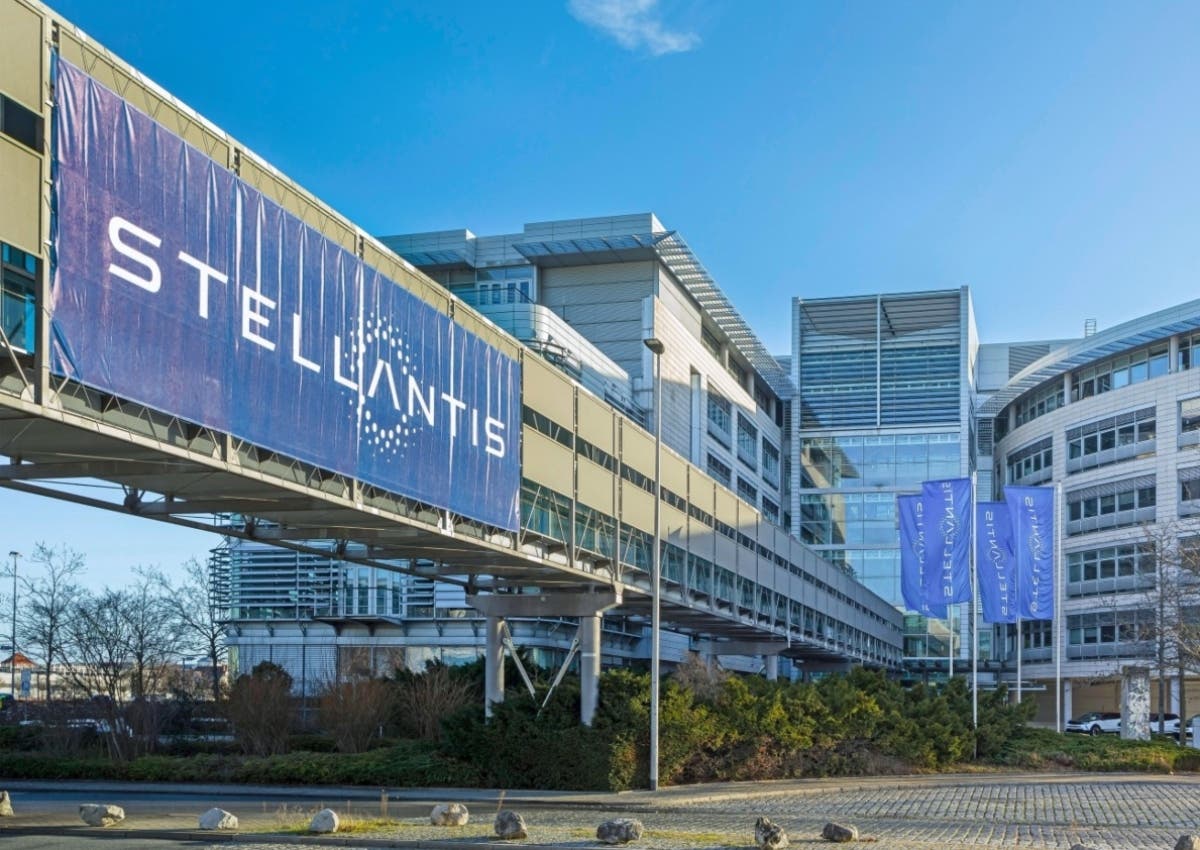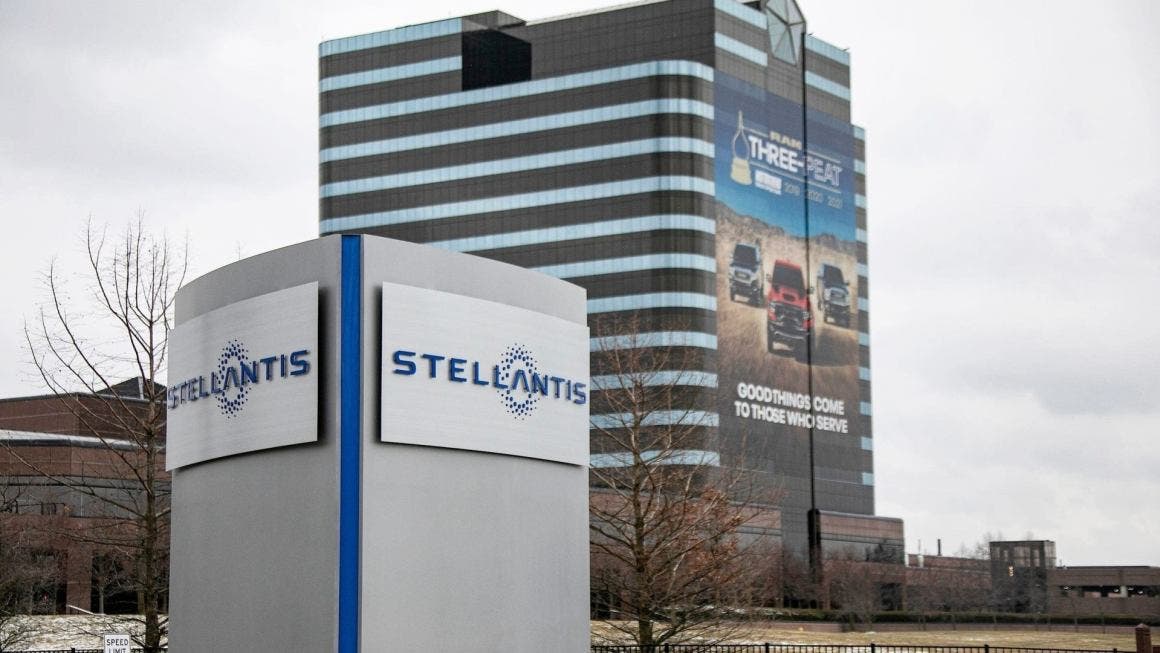In the United States, Stellantis shareholders are suing the group led by Carlos Tavares. The reason is reportedly linked to disappointing profits, as reported by Reuters. According to shareholders, Stellantis allegedly concealed the increase in inventories and other weaknesses before publishing results that caused the stock price to fall. The complaint filed Thursday in Manhattan federal court alleges that Stellantis artificially inflated its stock price for much of 2024 by making extraordinarily positive assessments of inventories, pricing power, new products, and operating margin.
Shareholders are suing Stellantis due to disappointing results for the first half of 2024

The truth allegedly came to light on July 25 when Stellantis stated that adjusted operating profit for the first half fell 40% to 8.46 billion euros ($9.28 billion), below the 8.85 billion euros analysts had forecast. It is common for shareholders to sue companies in the United States after unexpected stock price declines. The lawsuit seeks unspecified damages for Stellantis shareholders between February 15 and July 24, 2024.
“This lawsuit is without merit and the company intends to vigorously defend itself,” Stellantis said. The adjusted operating profit margin fell below its double-digit annual target. Its U.S.-listed shares fell $1.94, or 9.9%, to $17.66 in the two trading days following the announcement. CEO Carlos Tavares and CFO Natalie Knight are also defendants.
Demonstrating the automotive Group’s difficulties, last week it announced a potential layoff of about 2,450 employees at a truck assembly plant in the Detroit suburbs, where production of the Ram 1500 Classic truck is ending. In general, Stellantis’ complicated period is also visible on the stock market. Shares of the group led by Chairman John Elkann have collapsed, losing 48% of their value from March 2024 highs. There is much concern among investors and financial analysts.

Furthermore, there have been cost cuts and delays in electric car production, caused by market difficulties highlighted by declines in registrations and production stops including Mirafiori in Italy, and Warren, Toledo, and Trenton in the United States. According to analysts, the half-year decline is also due to internal problems such as delays in the production of new models and excess inventory in North America. Will these factors also influence the results of the coming quarters?

